Some insects are more shiny than others. This weevil takes the prize for glittery, sparkly, and all around amazing.
Journal
Some insects are more shiny than others. This weevil takes the prize for glittery, sparkly, and all around amazing.
On a recent trip to Nicaragua I documented the incredible work Paso Pacifico is doing to protect sea turtles... and learned the most mind-boggling fact about sea turtle shells. (hint: it's glowy)

A long-exposure photo showing the zig-zag pattern the park ranger wiped with his finger on the sea turtle's shell. My guess? Bioluminescent phytoplankton accumulation.

A similar glow is seen along the shore when you step near where the waves break- for some reason these plankton are highly concentrated on the turtle's shell.
In May of 2016, Aaron Pomerantz (of UC Berkeley) and I joined the Tropical Herping team for a visit to Yasuni National Park in Ecuador. During our night surveys, we ended up finding five of the silkhenge structures we've previously documented in Peru. Hanging out back at the field station, this happened:
We're incredibly excited to be able to share this video, and the DNA barcode in the description of the video. These things have been sighted from Brazil to Peru, French Guiana to Ecuador, so we're convinced they are much more common than previously acknowledged, it's just a matter of time until someone figures out exactly who is making it, and why.
Any guesses?
You can read more about it as featured on National Geographic News, here.
Freshman year of college I had the delight of learning in a lecture that this thing exists- a velvety, leggy, slime-spitting creature called an Onychophoran, commonly known as the velvet worm.
Ever since then it became a dream of mine to find one of these under a rotting log where they live in the wild and, of course, get slimed by one. Thanks to a recent trip to Yasuni National Park in Ecuador, this dream became a reality.
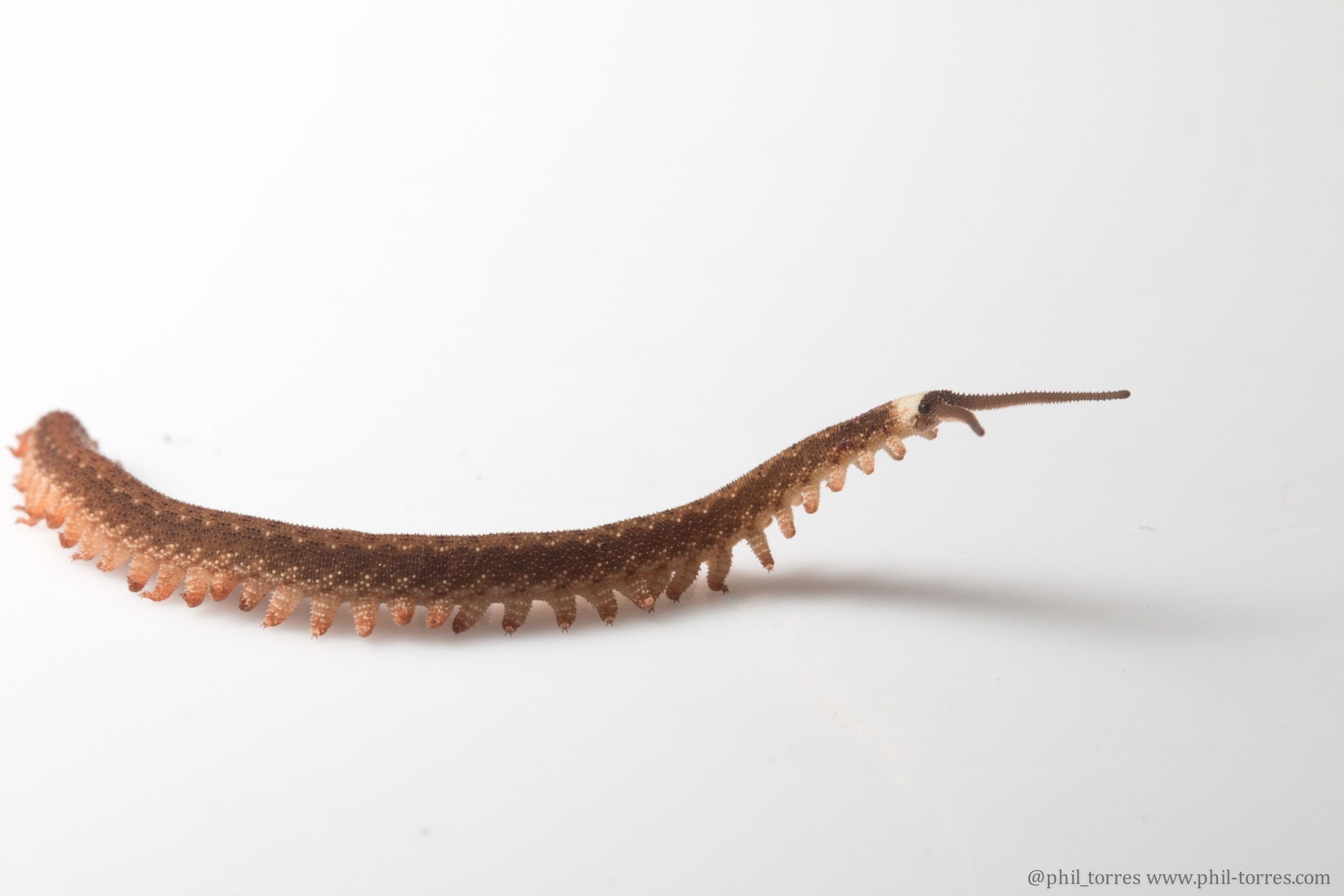
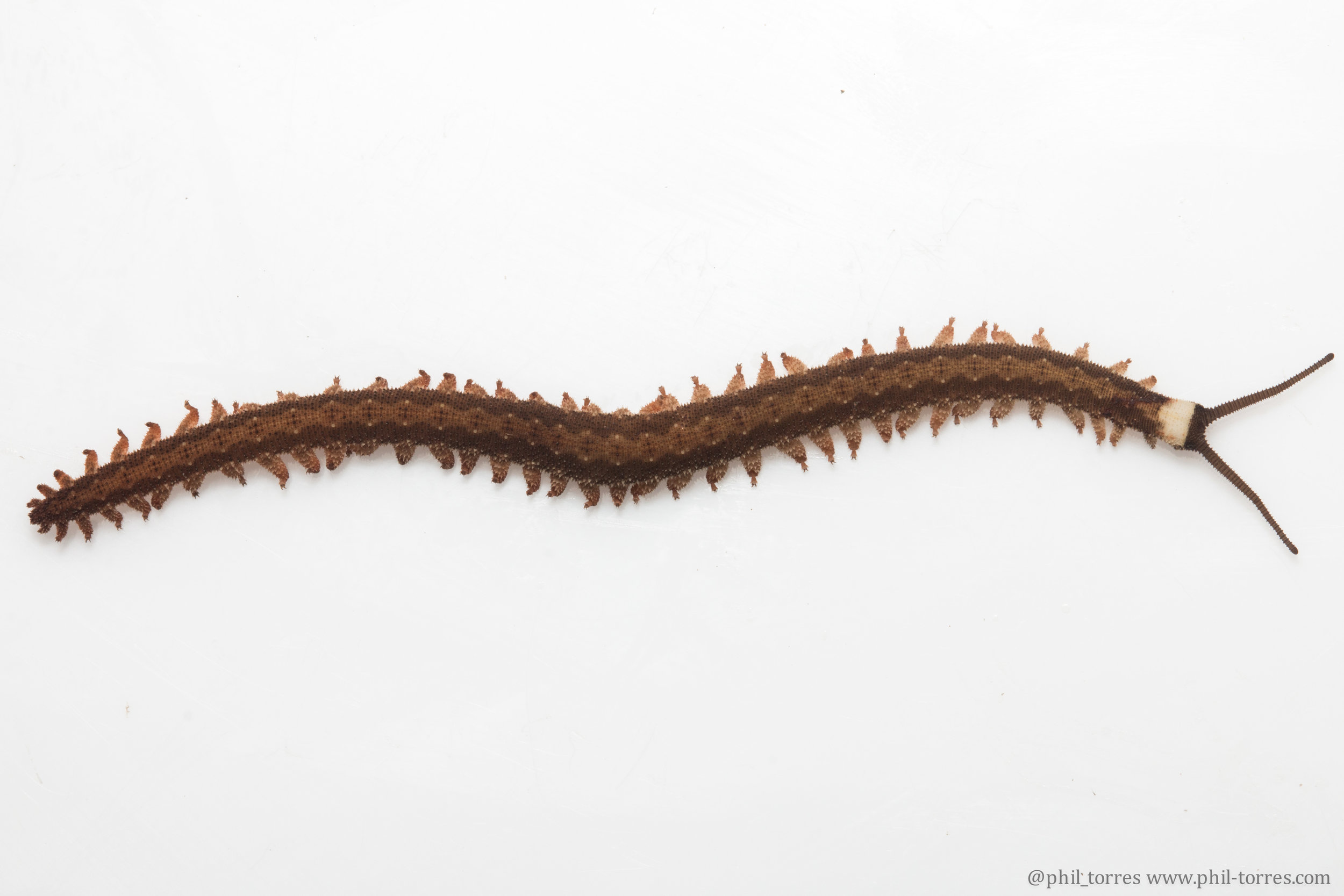
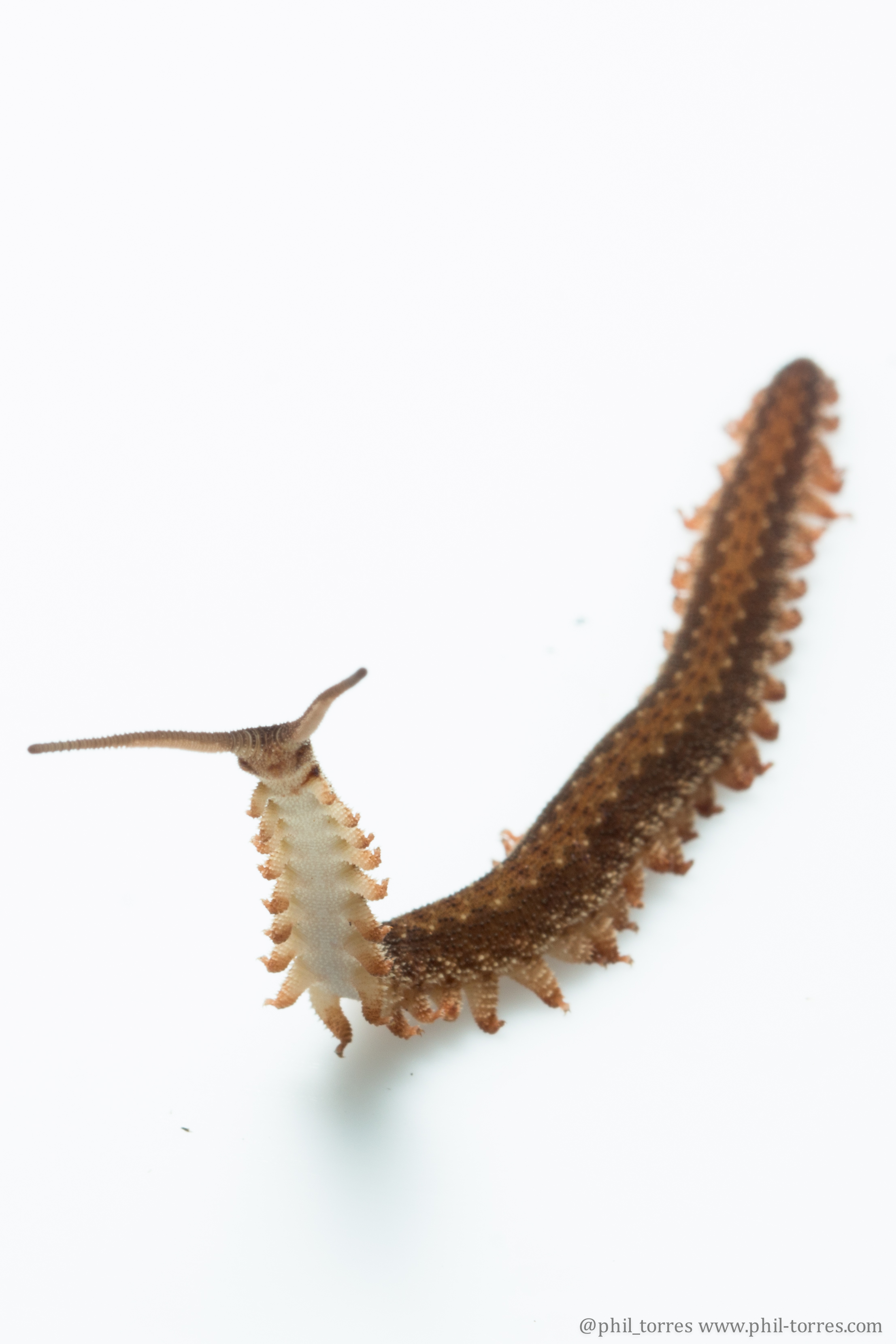
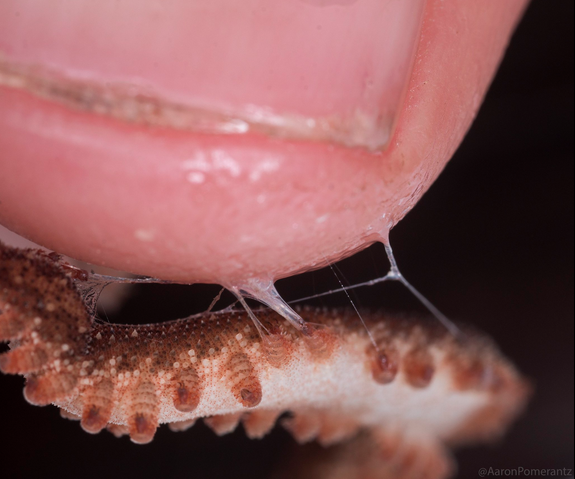
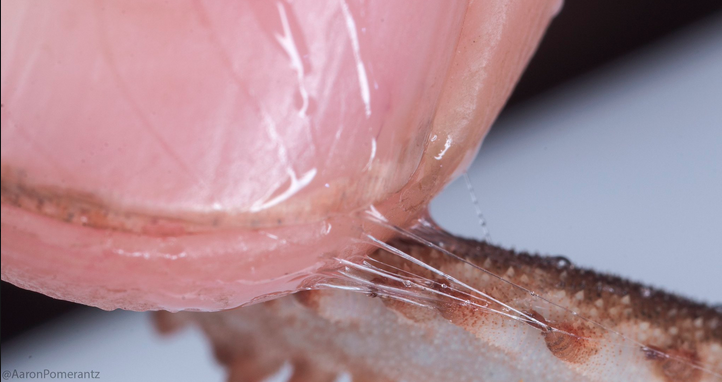
Velvet worms are odd. Sure, they squirt out a sticky slime to ensnare their prey (or defend against the dirty fingernails of photographers). And they aren't quite a worm, aren't quite a millipede, they are their own lineage that has hardly changed over 500 million years and is one of the closest relatives to the arthropods.
But the oddity only begins. Some species are considered social. They have an alpha female that leads the group hunting together; and feeds together by dining sequentially in order of hierarchy. Then, there's the mating. Some species mate by the males sticking a patch of sperm on the female which breaks into her skin and releases the sperm. The sperm eventually find their way down to fertilize the eggs, and the female then gives live birth to (very likely adorable) velvety mini-onychophorans.
Thanks to www.TropicalHerping.com for getting me access to Yasuni, and Aaron Pomerantz for the slime-on-my-finger photos.
Ecuador's Yasuni National Park, that's where.
I had heard about this rainforest- it is a forest for the entomologist, herpetologist, appreciator of all things small and diverse and complex. Sure, you may see some monkeys, or the footprint of a jaguar in the mud. But the real discoveries are beneath your feet, perched on leaves, or fluttering through the air. Oh, or giving you kisses like this tapir did.
Primary source of information on species richness: http://journals.plos.org/plosone/article?id=10.1371/journal.pone.0008767
When deep in the rainforest with no signal, your iPhone becomes a measuring tape next to some giants.
Did the movie Arachnophobia scar you for life and make you afraid of spiders? Yeah, me too.
I met Jules Sylvester, the spider-wrangler from Arachnophobia that made them crawl, jump, and scare millions of people around the world. I now love spiders, so I gave him a shot at spider forgiveness to help me explain why we should LOVE spiders, not fear them. Have fun:
I recently joined Tropical Herping to search for a snake on a volcano in the Amazon. Sound like a good time? It certainly was. After several muddy, jungly days of searching around the base of the Sumaco Volcano, we found a snakey surprise. This is what science looks like in the field.